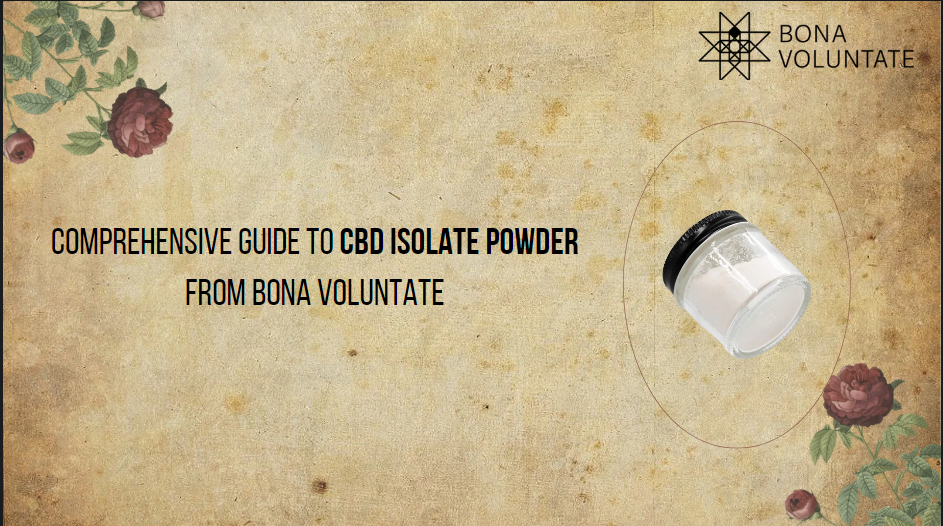6 Tips to Prepare for Staples & Handle Curve Balls in MMI

Hey, medical students, how’s the prep for MMI? Hopefully good. Did you know your behavior can make or break your MMI? You heard right; interviewers focus not only on your knowledge but also your behavior, ethical reasoning, and understanding of teamwork. Interviewers ask complex and twisted questions to process and assess your traits and qualities.
You may feel nervous while interviewing and touch the red flags. To overcome nervousness, fumbles, and miscommunication, you need a solution, but what? This is where professional guides and advisors for medical school mock interview preparation come into play. Here are six crucial tips that will help you prepare for staples and will guide you in handling curve balls in MMI.
1. Master the Basics: Know Your Staples Inside and Out
The first step in preparing for any MMI is understanding the foundational questions that typically appear. These include questions about your motivations for becoming a doctor, understanding the healthcare system, and ethical dilemmas. While each station in the MMI may present unique challenges, specific themes are almost guaranteed to be touched upon. This is where medical school interview tips come in handy—start by mastering these staple questions to articulate your responses confidently and clearly.
Before your medical school mock interview, practice answering questions like:
- Why do you want to become a doctor?
- What qualities make a good physician?
- How would you handle a conflict with a colleague?
These questions are not complex, but the key lies in conveying your passion, self-awareness, and understanding of the medical profession. Ensure your answers reflect what the interviewers want to hear and who you are.
2. Develop Strong Communication Skills
In the MMI, your ability to communicate effectively is crucial. You’re evaluated not just on what you say but also how you say it. You might face scenarios where you must explain complex information to a layperson or provide comforting guidance to a distressed patient. These require clarity, empathy, and patience.
Medical school interview tips emphasize the importance of practicing active listening and structuring your responses in a logical, easy-to-understand manner. Use the STAR method (Situation, Task, Action, Result) to keep your answers organized and ensure you cover all necessary aspects of the scenario.
Group discussions or mock interviews are great ways to refine your communication skills. They will improve your ability to articulate your thoughts and help you develop the confidence to speak calmly under pressure.
3. Prepare for Ethical Dilemmas and Complex Scenarios
Ethical questions are common in MMIs because medical professionals frequently face difficult moral decisions in their careers. For instance, you may be asked how you would handle a patient who refuses life-saving treatment or what you would do if a colleague were making a medical error.
To prepare, familiarize yourself with fundamental ethical principles, such as autonomy, beneficence, non-maleficence, and justice. Applying these principles to different medical scenarios will enable you to tackle even the most challenging questions with a well-reasoned and thoughtful response.
During your medical school mock interview, practice how you would approach these dilemmas. Don’t just aim for the “right” answer—there often isn’t one. Instead, demonstrate your ability to think critically, consider multiple perspectives, and make ethically sound decisions.
4. Stay Calm and Collected When Facing Curveballs
MMIs are designed to throw candidates off balance with unexpected scenarios or “curveball” questions. For example, you may be given a station where you must perform an impromptu task, such as building a small structure with limited resources or working in a team to solve a puzzle. These tasks are not about your technical skills but how you react under pressure.
The best way to handle curveballs is to stay calm and focus on the process rather than the outcome. Maintain a positive and cooperative attitude to demonstrate your problem-solving skills, adaptability, and teamwork, even if you feel uncertain.
When you practice with a medical school mock interview, include unfamiliar or unexpected scenarios. This will help you build the mental resilience to handle surprise questions without losing your composure.
5. Show Empathy and Understanding in Patient-Centered Scenarios
Many MMI stations will involve interactions with simulated patients or other individuals. Whether you’re comforting a patient, delivering difficult news, or resolving a conflict, your ability to show empathy is critical. Compassion and understanding are at the heart of being a great physician, and interviewers will be keen to observe how you handle these situations.
One of the best medical school interview tips is to put yourself in the shoes of the person you’re speaking to. Practice imagining their perspective and respond with sincerity and care. For example, when breaking bad news to patients, acknowledge their emotions, provide support, and offer guidance.
Role-playing with a friend or professional during your medical school mock interview can help you refine this skill. Make sure your empathy comes across in both your words and body language.
6. Adapt to Time Constraints Without Rushing
Each MMI station usually has a strict time limit, often 5-8 minutes. This limited time means you need to get to the point quickly and maintain the quality of your response. The key is to strike a balance between being thorough and concise.
Medical school interview tips often recommend practicing timing by simulating actual interview conditions. Use a timer when answering questions during your medical school mock interview to gauge how long it takes you to deliver thoughtful answers. Be mindful of time management while ensuring you don’t rush through your responses or leave out critical details.
Learning to gauge your pace will ensure you make the most of your time and offer a complete response without feeling hurried.
Conclusion
The MMI is a unique and challenging part of the medical school admissions process. It tests your knowledge and problem-solving skills, empathy, and communication abilities. By mastering staple questions, improving your communication skills, and preparing for curveballs, you can navigate the MMI with confidence.
Whether practicing for your medical school mock interview or facing the actual test, these six tips will help you approach each station with poise and professionalism. With the proper preparation, you can show interviewers that you’re a knowledgeable candidate and a compassionate and adaptable future physician.
Good luck, and remember to remain calm, clear, and thoughtful throughout your MMI experience










